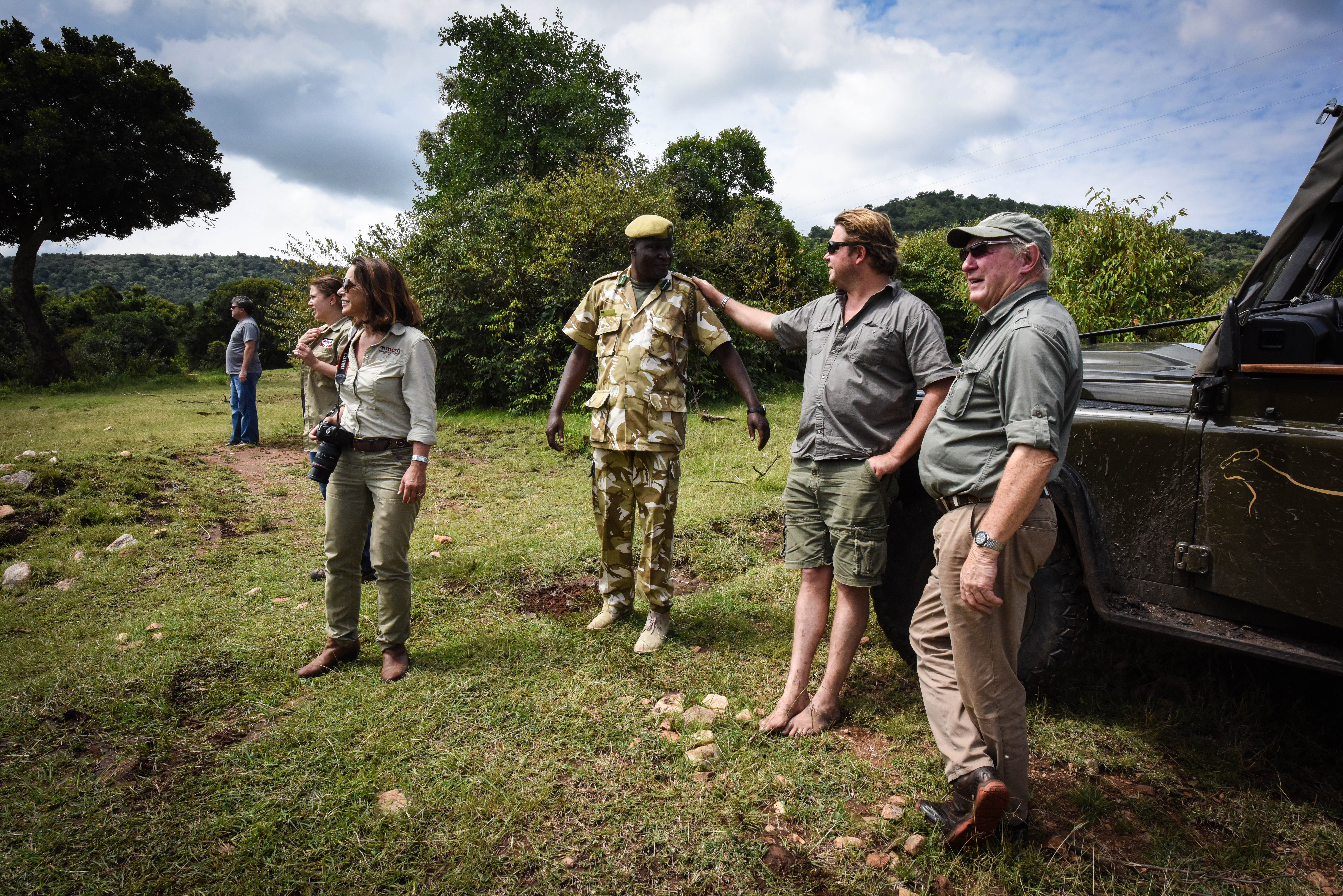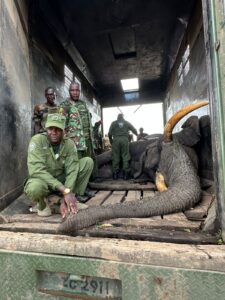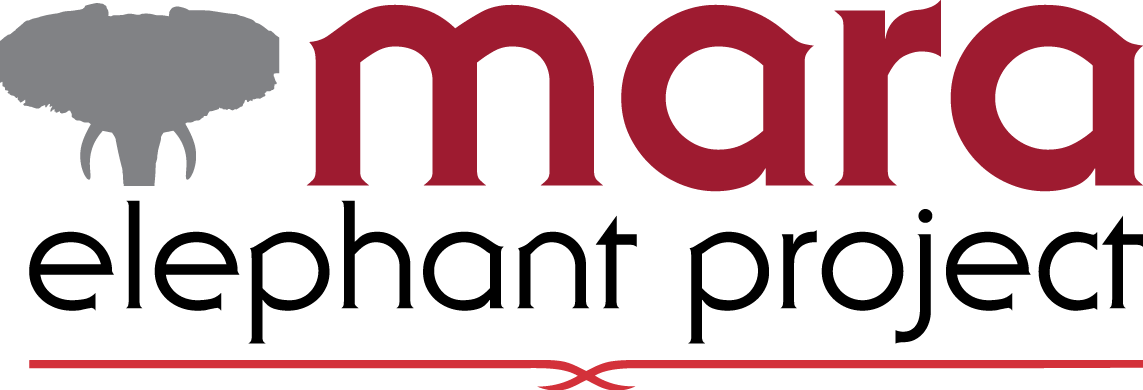
As 2016 comes to a close we know that a lot of conservation champions and animal enthusiast are planning their year-end giving. We’d love for you to know the Top 10 reasons why contributing to Mara Elephant Project is a great use of not just your money, but your passion.
DONATE
1. 100% of your donation goes directly to saving elephants.
The generous support of MEP’s core funder, ESCAPE Foundation, ensures that 100% of MEP’s administrative costs are covered. This means that 100% of your donation goes directly to saving elephants, supporting MEP rangers and providing the necessary tools for MEP to battle poaching and human-elephant conflict.
2. Mara Elephant Project is on the cutting edge of elephant conservation technology.
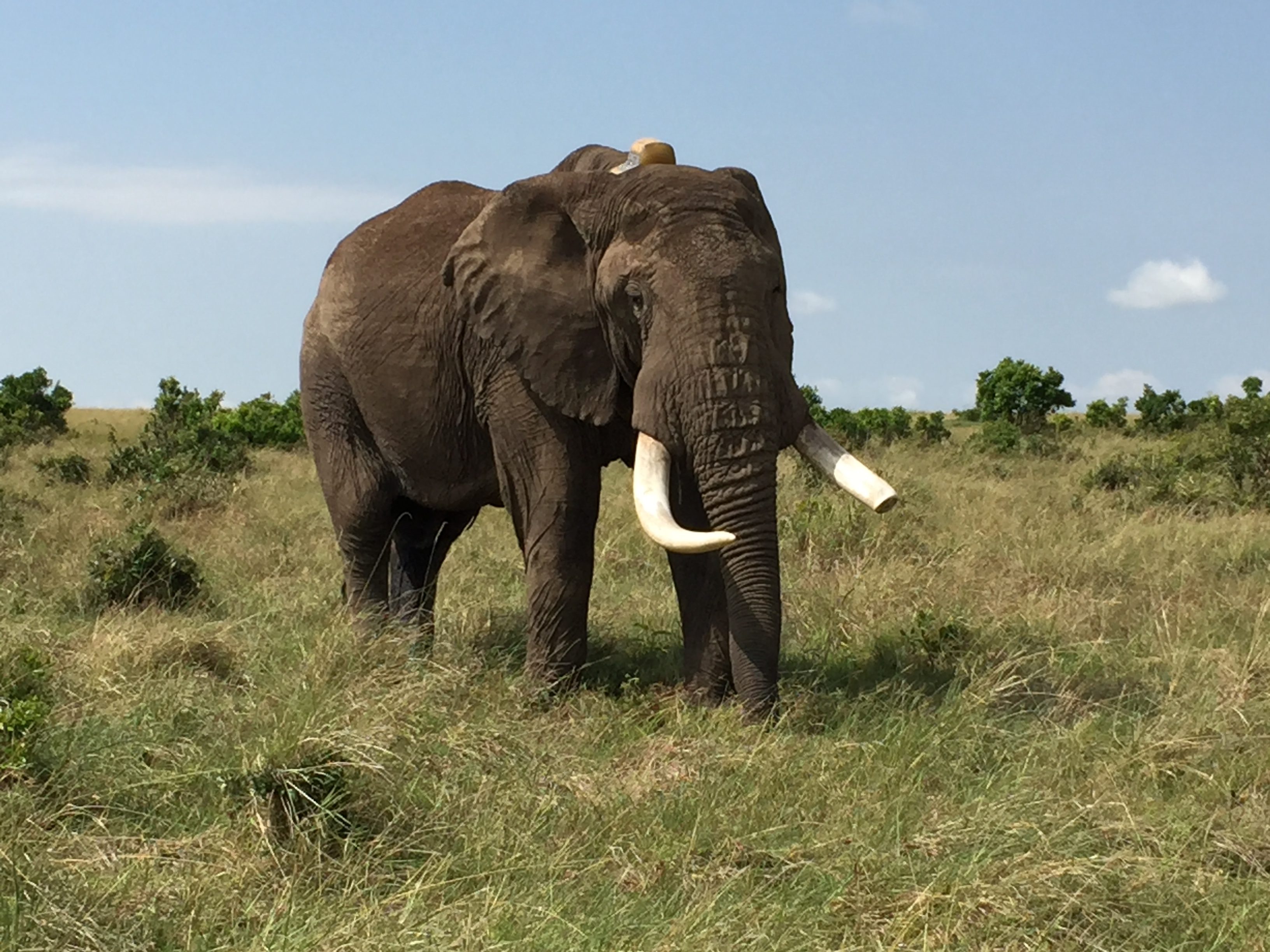 World Wildlife Fund and MEP have 21 collars deployed on high-risk elephants that are monitored 24 hours a day to ensure their safety and provide essential data. MEP has created a human-elephant conflict toolkit that helps us respond quickly and effectively to conflict. We consider these our techniques, methods and tools of the trade. The HEC toolkit includes key physical items like flash bangs (firecrackers), spotlights, drones and horns for noise and visual deterrents as well as supplies to assemble chili fences as a smell deterrent. Our toolkit also includes the use of a helicopter and vehicles to use as elephant herding tools. The Karen Blixen Camp Ree Safari Park helicopter offers the perfect quick-response tool for herding elephants out of conflict situations. Communication is also a key part of the HEC toolkit, we have a hotline number that anyone in the local community can call and have direct access to a MEP ranger or have their questions answered.
World Wildlife Fund and MEP have 21 collars deployed on high-risk elephants that are monitored 24 hours a day to ensure their safety and provide essential data. MEP has created a human-elephant conflict toolkit that helps us respond quickly and effectively to conflict. We consider these our techniques, methods and tools of the trade. The HEC toolkit includes key physical items like flash bangs (firecrackers), spotlights, drones and horns for noise and visual deterrents as well as supplies to assemble chili fences as a smell deterrent. Our toolkit also includes the use of a helicopter and vehicles to use as elephant herding tools. The Karen Blixen Camp Ree Safari Park helicopter offers the perfect quick-response tool for herding elephants out of conflict situations. Communication is also a key part of the HEC toolkit, we have a hotline number that anyone in the local community can call and have direct access to a MEP ranger or have their questions answered.
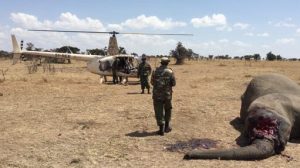 3. An elephant in Africa is poached every 15 minutes for its ivory.
3. An elephant in Africa is poached every 15 minutes for its ivory.
In ecological and conservation terms elephants are considered a “landscape species.” They require a large and diverse area to live; have significant impact on the structure and function of natural ecosystems; are culturally and economically important and are particularly vulnerable to the land-use and other practices of people. Elephants are capable of modifying habitats for the benefit of different plants and animals on both a local and wide-ranging scale.
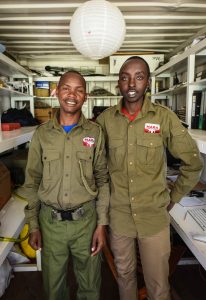 4. MEP hires and trains only local Maasai Mara to be rangers.
4. MEP hires and trains only local Maasai Mara to be rangers.
They become well-respected pillars of their community and are on the frontline of elephant conservation. The local communities are seeing direct benefits by protecting wildlife.
5. Since MEP began poaching has declined.
Since MEP began in 2012 we’ve decreased elephant poaching mortalities by 25% and have arrested 346 ivory dealers, middlemen and poachers.
 6. MEP’s CEO, Marc Goss, is a native Kenyan who grew up saving wildlife.
6. MEP’s CEO, Marc Goss, is a native Kenyan who grew up saving wildlife.
He loves elephants so much his first child is named Ellie.
7. MEP works with local communities that live in direct contact with wildlife on a daily basis.
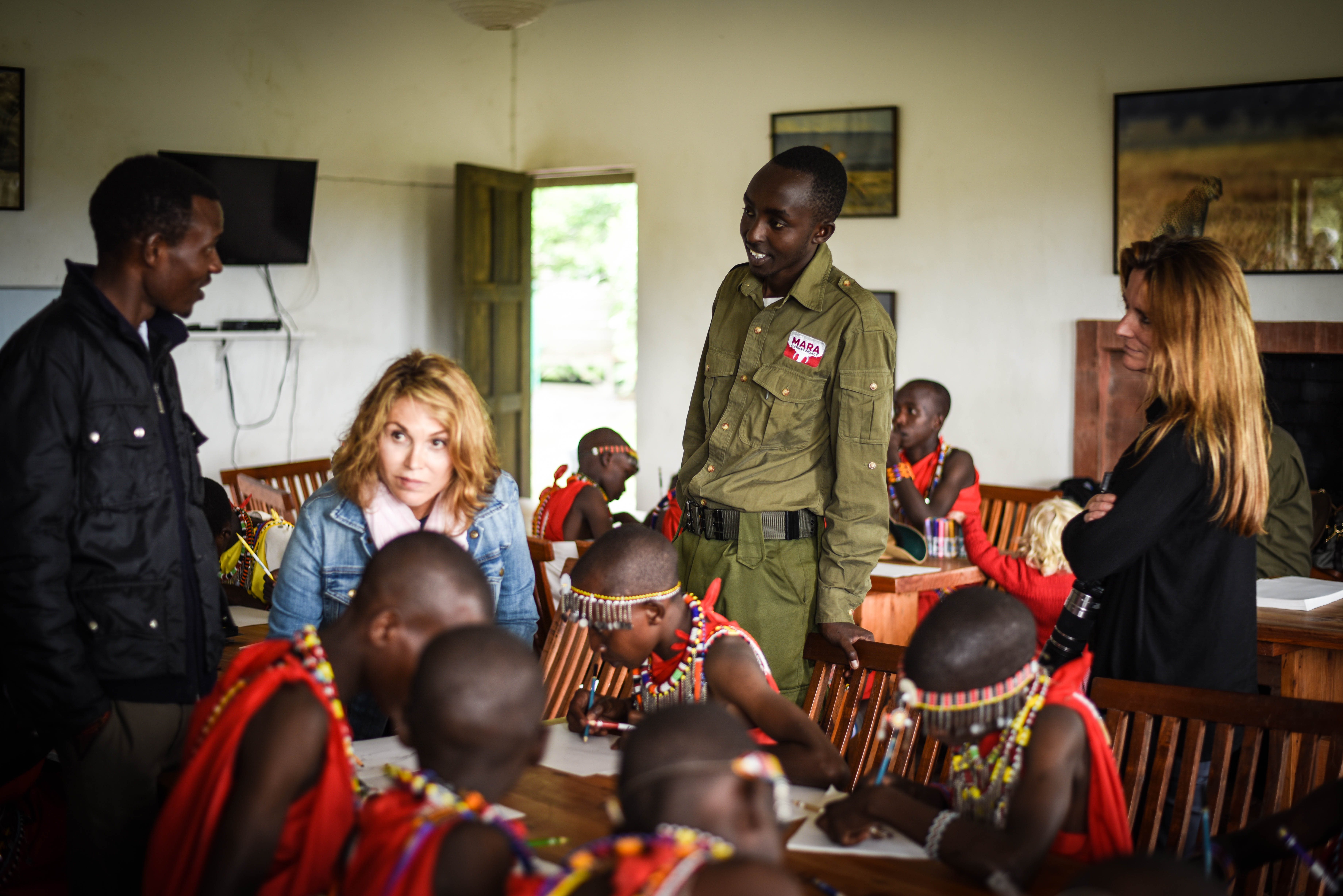
We are the first responders when someone is in harm’s way. We work with local farmers to keep elephants out of their crops and repair their fences. We work with the local schools to teach children about conservation and the value of living in harmony with wildlife.
8. MEP’s Headquarters are located in the Greater Maasai Mara.
MEP’s Headquarters are located in the Greater Maasai Mara, which is part of the Mara-Serengeti ecosystem; one of the oldest and last remaining wildlife refuges on Earth. The Mara-Serengeti is home to an estimated 40% of Africa’s large mammal species and has the largest and most diverse large mammal migration, which is now recognized as one of the Seven Wonders of the World.
9. MEP has an expert Board of Trustees.
MEP has a Board of Trustees filled with conservationists and experts in their fields that provide invaluable information and oversight of our organization.
10. MEP values strong partners.
MEP works directly with Kenya Wildlife Service and Narok County government officials to protect elephant populations by minimizing poaching through effective law enforcement measures. These partnerships strengthen not only our effectiveness but also our overall impact.
